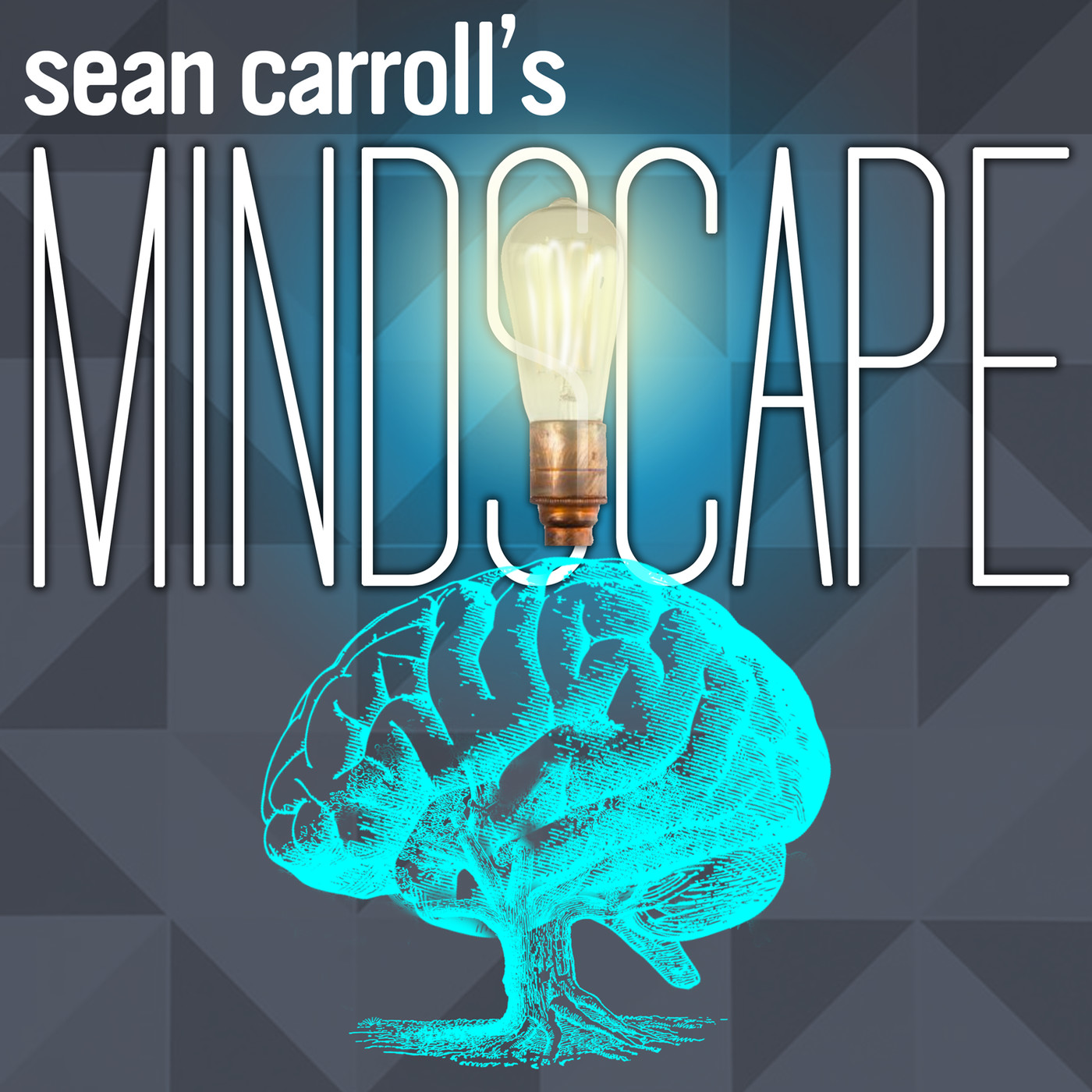Fuck most of this advice. People are overloading you. Ignore everything but what I'm about to say.
There are tens of thousands of super interesting philosophy books, and at least a few thousand that would be considered "seminal" (in their respective disciplines and geographical areas).
Problem is, most of them are a really shitty place to start.
Most "academic" philosophy work written in the past 100 years is so far up its own ass it should only be read as a curiosity.
At best, it's pedantic drivel that attempts to mask fundamental problems of knowledge and logic with infinite regression and unnecessarily complex meta analysis. At worst, it's unreadable drivel that'll make you feel like a dyslexic child having a stroke.
Seriously, try reading this.
Further, the most fascinating philosophical problems were identified thousands of years ago. Today's philosophy is still dealing with the same exact problems that the ancient Greeks identified - albeit with a more modern language, a larger pool of anecdotal cultural experience to inform their intuitions, and more layers of bullshit.
And the unanswered philosophical dilemmas? Well - there's way too many too list in this post.
So, I say there's only two logical starting points.
Either:
A) Start with the existential questions you find most interesting (death, reality, logic, knowledge, morality etc.), and just go down the rabbit hole in whatever direction curiosity takes you.
B) Start chronologically. Begin with the foundational questions that people have been writing down since they could write, so you could enjoy reading subsequent generations failing to answer them.
Actually, I lied, there's a secret option.
C) Start with the Eastern traditions if you like to trip on acid and listen to Alan Watts videos.
Source: I have a Bachelor of Philosophy.
There are tens of thousands of super interesting philosophy books, and at least a few thousand that would be considered "seminal" (in their respective disciplines and geographical areas).
Problem is, most of them are a really shitty place to start.
Most "academic" philosophy work written in the past 100 years is so far up its own ass it should only be read as a curiosity.
At best, it's pedantic drivel that attempts to mask fundamental problems of knowledge and logic with infinite regression and unnecessarily complex meta analysis. At worst, it's unreadable drivel that'll make you feel like a dyslexic child having a stroke.
Seriously, try reading this.
Further, the most fascinating philosophical problems were identified thousands of years ago. Today's philosophy is still dealing with the same exact problems that the ancient Greeks identified - albeit with a more modern language, a larger pool of anecdotal cultural experience to inform their intuitions, and more layers of bullshit.
And the unanswered philosophical dilemmas? Well - there's way too many too list in this post.
So, I say there's only two logical starting points.
Either:
A) Start with the existential questions you find most interesting (death, reality, logic, knowledge, morality etc.), and just go down the rabbit hole in whatever direction curiosity takes you.
B) Start chronologically. Begin with the foundational questions that people have been writing down since they could write, so you could enjoy reading subsequent generations failing to answer them.
Actually, I lied, there's a secret option.
C) Start with the Eastern traditions if you like to trip on acid and listen to Alan Watts videos.
Source: I have a Bachelor of Philosophy.



